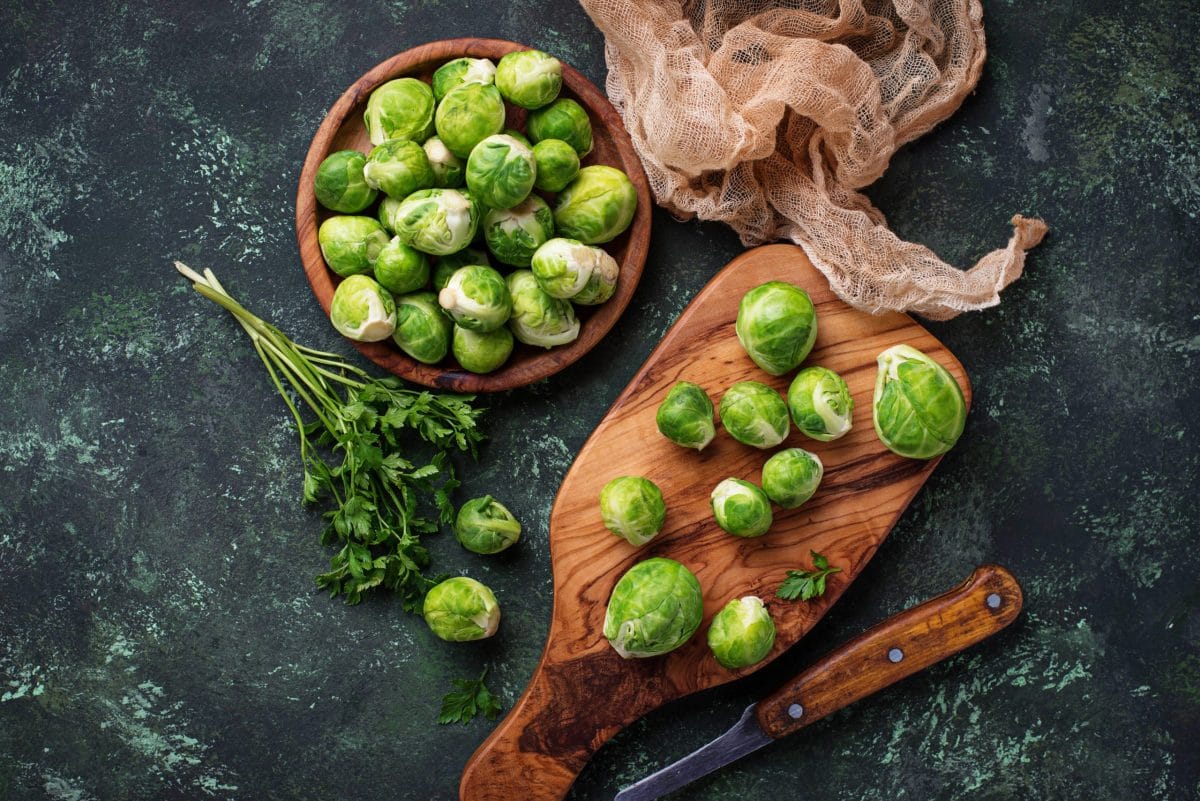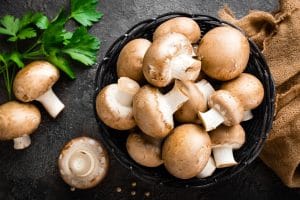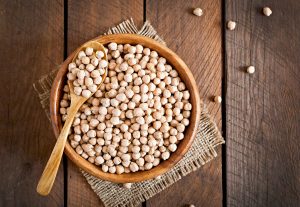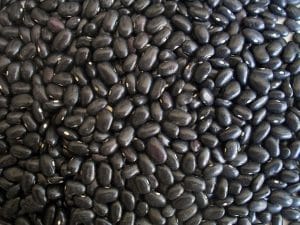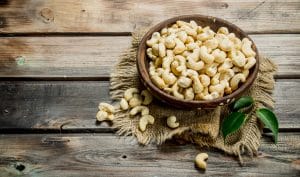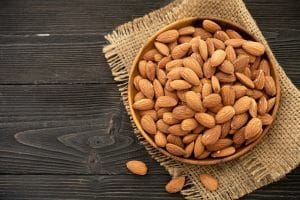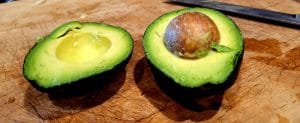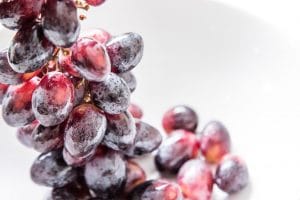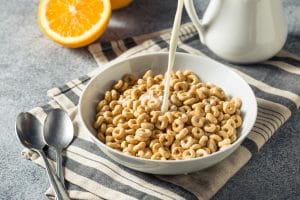Are Brussel Sprouts Low FODMAP?
Important Note: When you buy through our links, we may earn a commission. As an Amazon Associate we earn from qualifying purchases. Content, pricing, offers and availability are subject to change at any time - more info.
What to eat can quickly feel like the holy grail for individuals suffering from irritable bowel syndrome (IBS). A diet of easily digestible, low FODMAP foods is ideal for preventing the uncomfortable side effects of IBS. However, starting a low FODMAP diet can leave you wondering if Brussel sprouts are on the “unsafe” list due to their gassy reputation. So, can you eat Brussel sprouts on a low FODMAP diet?
Surprisingly, Brussel sprouts are a low FODMAP vegetable; they are lab-tested by Monash University that states two sprouts or 1.34 oz of Brussel sprouts have the green light as a low FODMAP food. However, you might still experience uncomfortable gas from Brussel sprouts.
Individuals on a low FODMAP diet often avoid all cruciferous vegetables due to the gassy notoriety. However, Brussel sprouts are low FODMAPs that you can enjoy in moderation.
- Are Brussel Sprouts Low FODMAP?
- Why Do Brussel Sprouts Cause Gas?
- Better Understanding About FODMAPs
- What Happens When You Eat FODMAPs?
- Benefits Of Following A Low FODMAP Diet
- So, Are Brussel Sprouts Low FODMAP?
Are Brussel Sprouts Low FODMAP?
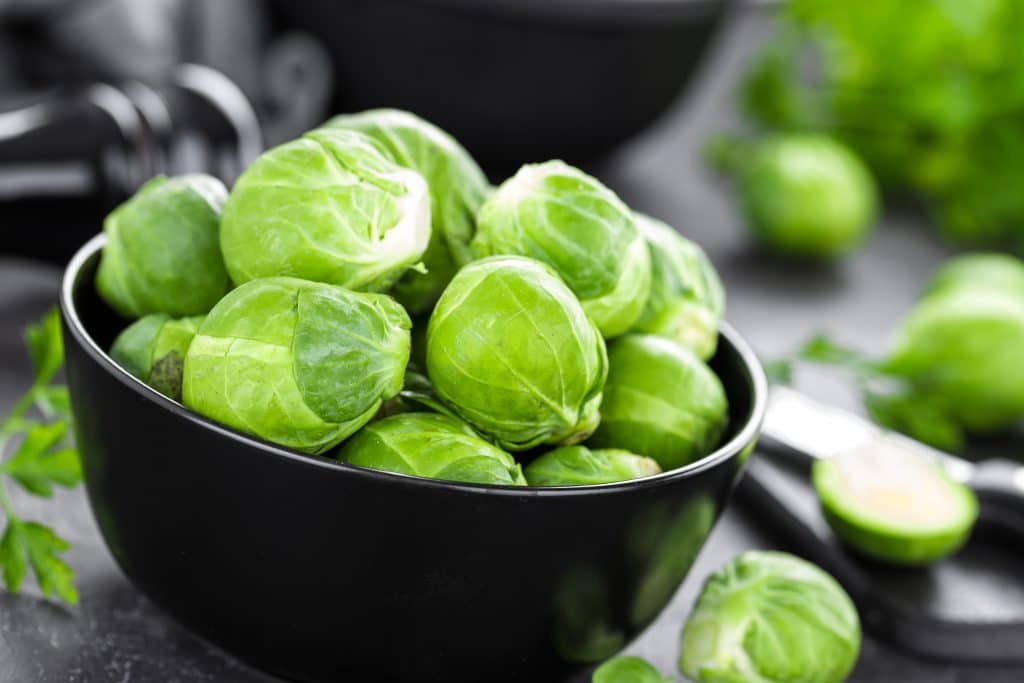
Many individuals avoid eating Brussel sprouts out of fear that they will experience uncomfortable gas. While this is true, FODMAPs are not the actual culprit.
If you follow the recommended portion sizes, Brussel sprouts are a moderate FODMAP that you can enjoy as a low FODMAP food. Even though it sounds like a small amount, you can safely consume 1.34 oz Brussel sprouts; this is about two average sprouts.
Brussel sprouts are an excellent source of fiber (soluble and insoluble), and a single serving contains enough Vit C to meet your daily requirements.
Note that consuming three sprouts have a moderate amount of fructans, and anything upwards of that is high in fructans and no longer a low FODMAP vegetable.
Lastly, we recommend introducing Brussel sprouts into your low FODMAP diet during the re-introduction phase to test if your body can tolerate them or if they aggravate your IBS symptoms and to determine your body’s threshold or tolerance to Brussel sprouts.
Why Do Brussel Sprouts Cause Gas?
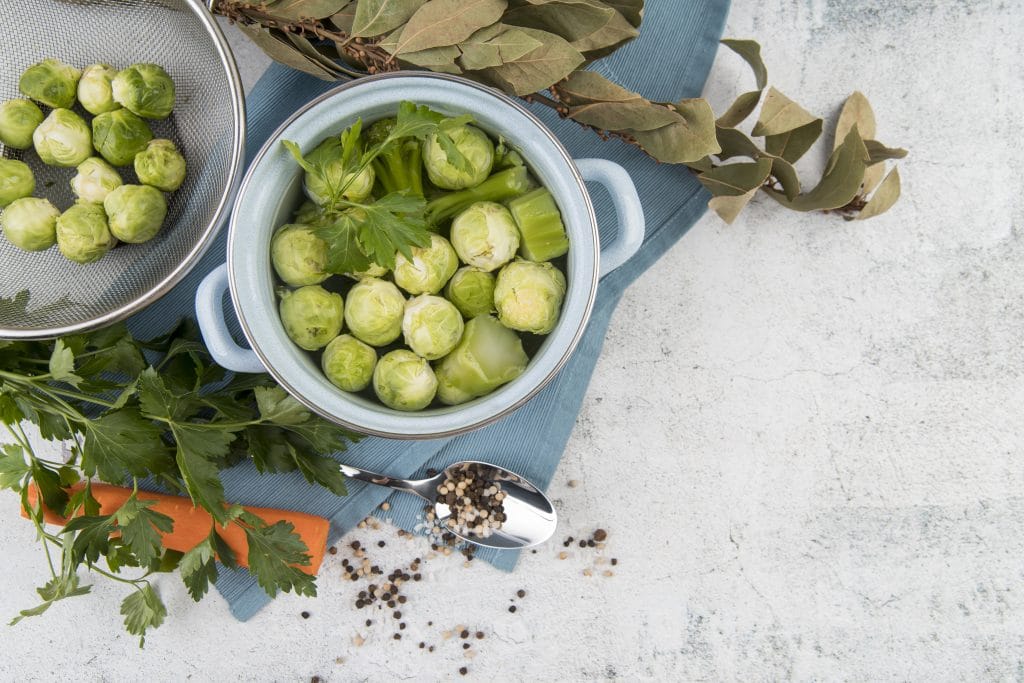
Although Brussel sprouts are low FODMAPs if you eat them in moderation of approximately two sprouts per serving, they are well known as gassy vegetables.
Brussel sprouts contain raffinose, a type of carb that is non-digestible in the gastrointestinal tract. So, when our healthy bacteria in the large intestine helps to break down the carb, it creates a lot of gas.
Additionally, Brussel sprouts contain low enough levels of fructans to enjoy two spouts per serving; therefore, we can rule out FODMAPs as the culprit,
Hydrogen and carbon dioxide form as the bacteria break down the food, producing gas and bloating. Therefore, even though Brussel sprouts are low FODMAPs, they can exacerbate conditions like IBS, functional constipation, or dysbiosis (a bacterial imbalance in the gut).
So, if you are a fan of Brussel sprouts, try consuming them more regularly in recommended moderations to encourage your body to get used to breaking the food down. Additionally, peppermint tea can also help soothe a gassy stomach and improve digestion.
Better Understanding About FODMAPs
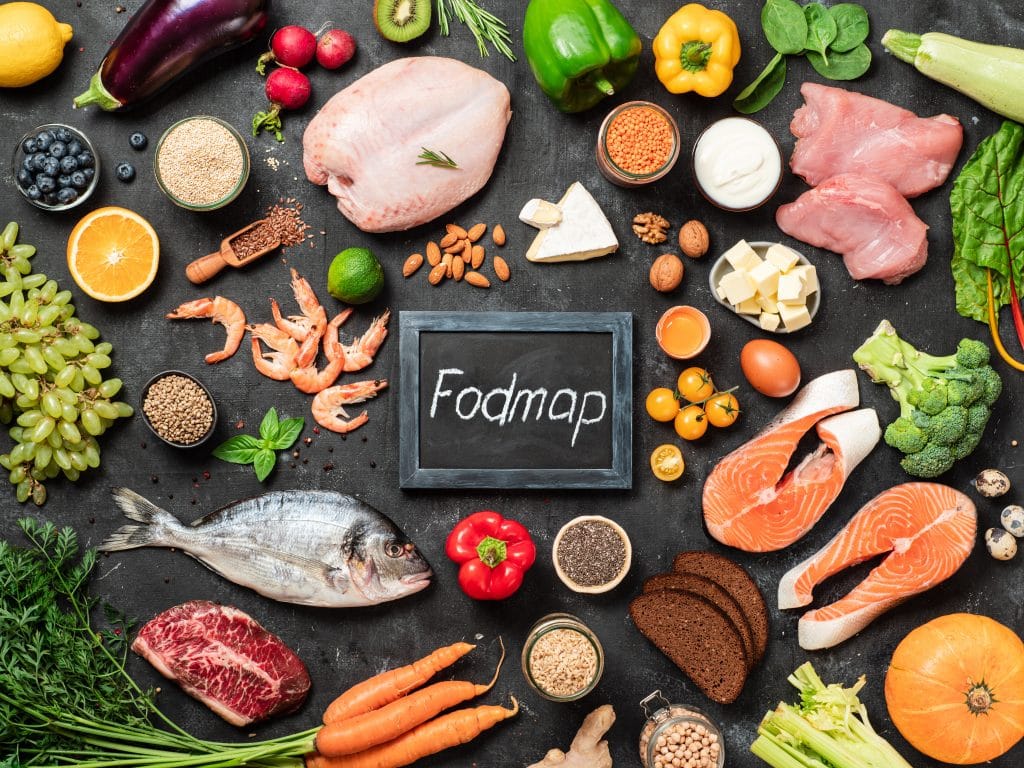
FODMAP is the acronym for Fermentable, Oligosaccharides, Disaccharides, Monosaccharides, and Polyols.
These fermentable substances are a group of short-chain carbohydrates found in everyday foods and are notorious for causing digestive problems like bloating, abdominal cramps, gas, constipation, and diarrhea when they aren’t absorbed properly in the small intestine.
FODMAPs are present in many food types and range in different amounts; some foods may contain one or all four FODMAP sources. Additionally, a system measures the threshold at which foods containing these carbs are distinguishable as low or high FODMAPs.
The four main FODMAP fermentable groups include:
1. Oligosaccharides – Fructans or oligosaccharides are a group of carbs that refers to foods including legumes, wheat, and rye, and various vegetables and fruits like onions and garlic.
- 0.012 oz of either fructans or oligosaccharides are the pre-defined cut-off level for foods containing these carbs.
2. Disaccharides – Lactose serves as the primary carb in the “Di” group of short-chain carbohydrates. Disaccharides consist of foods like milk, soft cheese, and yogurt.
- 0.14 oz is the general cut-off level for lactose foods.
3. Monosaccharides – Fructose is the primary carb in monosaccharides; these foods typically consist of various fruits and sweeteners like agave nectar and honey.
- Fructose and glucose need a 1:1 ratio to transport fructose from the intestines into the bloodstream properly; 0.007 oz more fructose than glucose is the pre-defined cut-off level for foods containing monosaccharides.
4. Polyols – the carbs in polyols refer to sugar alcohols like sorbitol, xylitol, mannitol, and various vegetables, fruits, and sweeteners.
- 0.012 oz of sugar alcohols is the pre-defined cut-off level for foods, including polyols.
What Happens When You Eat FODMAPs?
The majority of FODMAPs are dietary fibers resistant to digestion and pass through most of the intestine unchanged. However, carbs like lactose and fructose only function like FODMAPs in particular individuals that are generally sensitive and experience digestive problems like IBS.
So, when the FODMAPs reach the large intestine, bacteria feed on them as fuel, and in turn, they ferment and produce methane and hydrogen. In addition, the menthane leads to bloating, gas, cramps, and abdominal pain.
Lastly, FODMAPs are generally osmotically active, meaning that they draw water in the intestine and contribute to diarrhea.
Benefits Of Following A Low FODMAP Diet
According to research, about 75% of individuals with IBS can benefit from following a low FODMAP diet. These individuals will experience a lot of relief in their gastrointestinal and digestive problems.
Additionally, a low FODMAP diet can be helpful for individuals with inflammatory bowel disease and ulcerative colitis.
The benefits these individuals will experience include the following:
- Less bloating
- Less gas
- Fewer stomach pains
- Less constipation
- Less diarrhea
So, Are Brussel Sprouts Low FODMAP?
When referring to cruciferous vegetables, the answer to whether Brussel sprouts are low FODMAP isn’t black and white. Although Brussel sprouts are moderate FODMAPs, you can enjoy them in moderate portions of 1.34 oz, which is about two sprouts.
However, note that Brussel sprouts contain raffinose, a non-digestible carb that creates a lot of gas in the gastrointestinal tract when our bacteria try to break it down.
So, if you suffer from digestive issues such as gas and bloating, it’s best to avoid Brussel sprouts as they can aggravate these symptoms.
